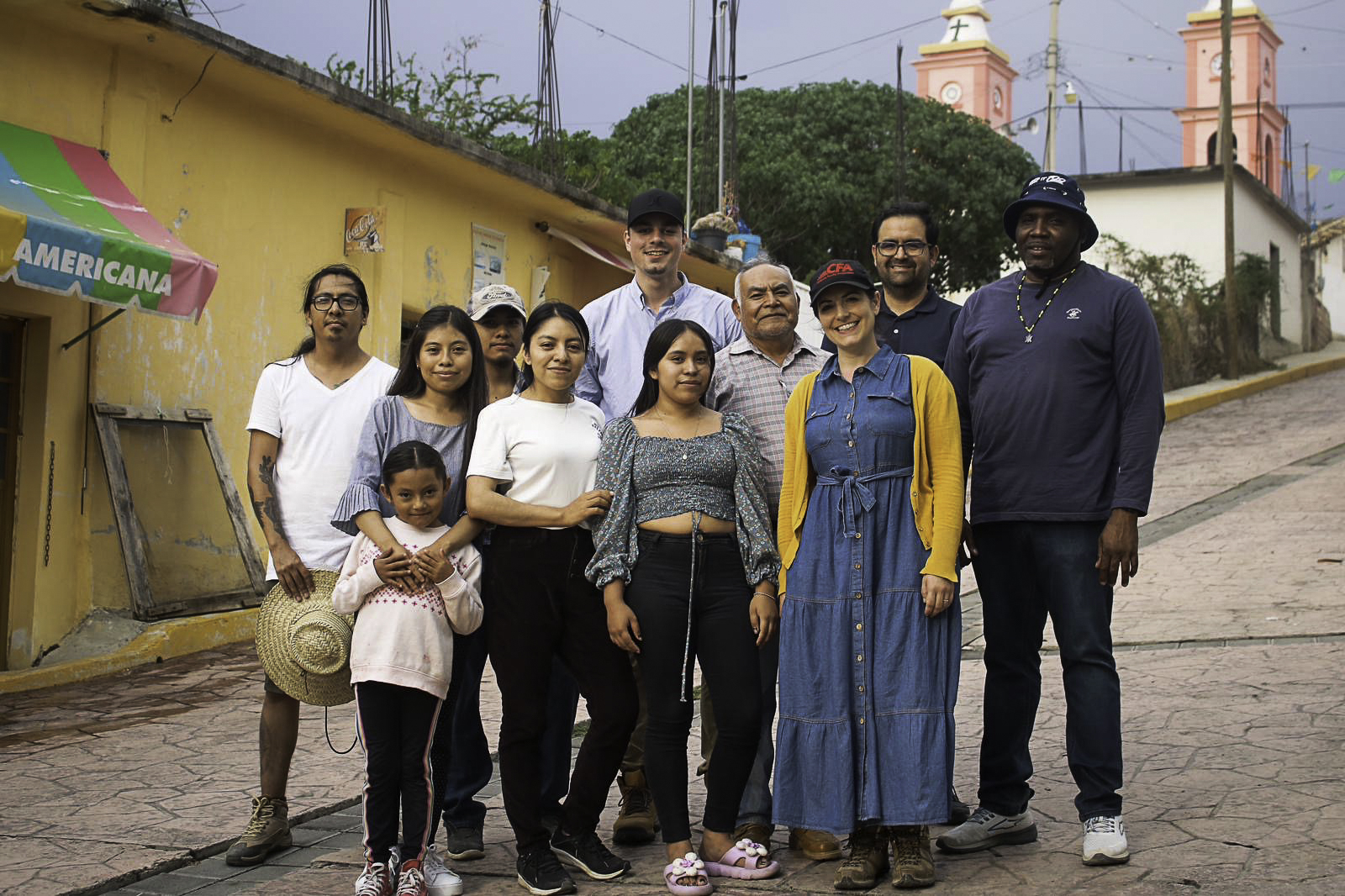By Stephinie Phan, Art Director & Alizah Salazar, Staff Reporter
Changes are coming to the linguistics program at CSUDH. Starting in about 2 years, the program will refer to its undergraduate degree as a bachelor’s in languages, linguistics, and social justice. The shift in focus reflects a more critical approach to how language can be applied to people from “minoritized or functionalized backgrounds,” according to the program’s faculty.
“Historically, linguistics in a traditional sense, has just been much more experimental,” said linguistics professor Malik Stevenson.“We understand that things that can be applied to the dominant group in the context of the US are not necessarily applicable to all groups.”
The program also offers a minor in linguistics, and a master’s degree in TESOL, or Teaching English to Speakers of Other Languages. TESOL programs at the graduate level are offered at other universities but are not quite focused on other communities, said linguistics professor Iara Mantenuto.
Stevenson said linguistics has traditionally centered on the “white perspective.” He said the study has not been inclusive of English speakers from marginalized communities, especially those who are multilingual. By shifting the focus of the program, faculty hope linguistics students will gain a better understanding of how culture influences language.
“These multi-lingual backgrounds and identities actually help with their teaching, something that typically in TESOL is not necessarily frowned upon, but is not necessarily leveraged right where students who are coming from multi-lingual backgrounds are encouraged to think about how they can use that in their teaching,” said Stevenson.
Toro alumna Monique Mangum told The Bulletin the linguistics program at CSUDH gave her a sense of community. Mangum said she was inspired to pursue a graduate linguistics degree after Mantenuto invited her to be part of a summer research cohort for an online dictionary for the San Sebastián del Monte Mixtec around the summer of 2022. Mangum is currently in her second year of study at UCLA.
“We felt so close to one another [that] it was very much community-oriented and everybody knew everybody. I go to UCLA now and obviously, it’s a very big school. So it’s not the same in that sense, community-wise it’s a bit more difficult, but I’m able to come back to DH and I always have my friends,” said Mangum.
Ahlyssa Toscano was unsure of what to do after she received her Bachelors degree. Toscano learned about the TESOL graduate program after a professor introduced her to Mantenuto and graduated with her Masters degree in TESOL in the Spring of 2024.
“I immediately fell in love with [the program],” Toscano said. “I did my own research after the meeting, and I was like, this is something that I definitely want to do…it opened up so many new doors and opportunities.”
One of those opportunities was a podcast called “Unstandardized English” by Dr. JP B. Gerald, Toscano was invited to discuss her work on the show after its host saw her present research at the California TESOL Conference.
Mantenuto said CSUDH’s linguistics program is leading the way for research focused on themes of social justice.
“We’re very proud – the theories are out there, but DH is one of the first in the country truly applying it,” Mantenuto said. “This is what I say at every national conference, we are lucky because our mission statement puts our local students and their identity, their racial identity, their experiences, and their progress and social economical progress centering first.”
NSF grant supports Mixtec community project
While linguistics students show off their work at events and conferences, faculty members continue to secure grants for the program. The National Science Foundation recently awarded a $338,000 grant to support a community project in San Sebastián del Monte, in the Mexican state of Oaxaca.
The three-year initiative began in 2023 but dates back to 2017, when Mantenuto started collaborating with Félix Cortés, the co-director of the project. The duo has focused their efforts on exploring the indigenous Mixtec language. Local researchers in San Sebastián del Monte are working alongside Mantenuto and Cortés to document, preserve, and revitalize the cultural history of the language. This includes the development of educational material like flash cards and posters.
“We’ve done books for the children that have been translated, as well as an alphabet book in Mixtec, English, and Spanish,” Mantenuto said. “We have an online ongoing dictionary that we have been working on for years.”
Another focus is the preservation of Mixtec agricultural practices and knowledge of indigenous flora. This aspect of the project has attracted attention and support from other academic institutions, Mantenuto explained, including Illinois State University and the UCLA Botanical Garden.
“Two students in particular – two researchers in Mexico – have been helping the ethnobotanist to collect information,” Mantenuto said. “Now we have, like, more than 100 different plants collected.”

